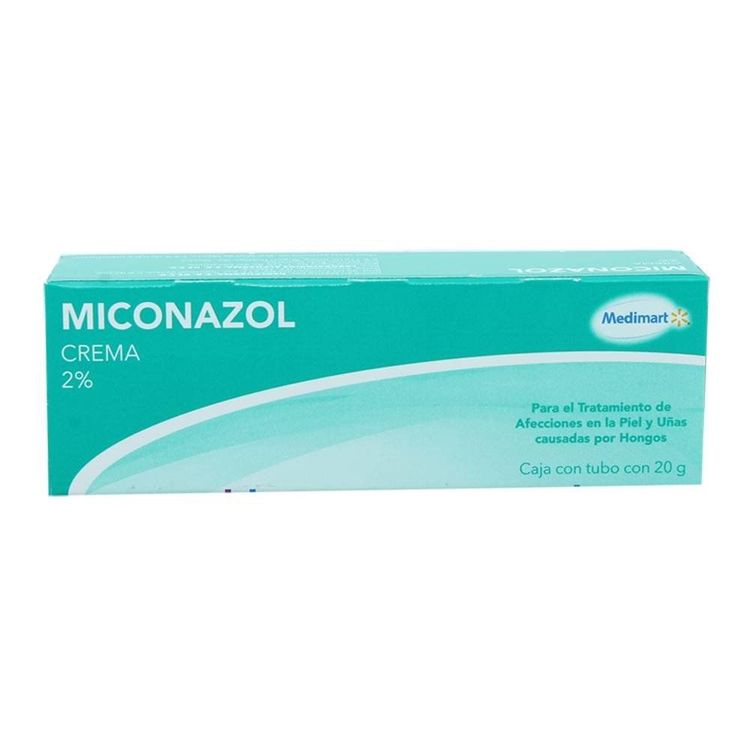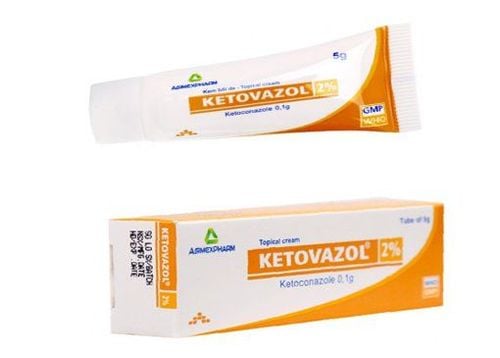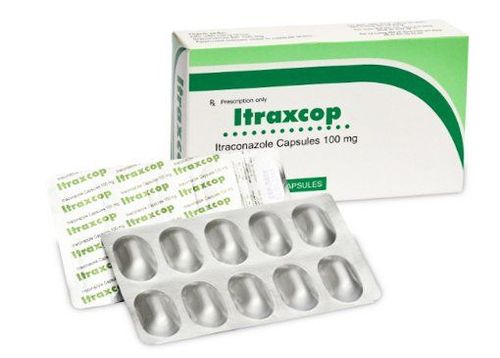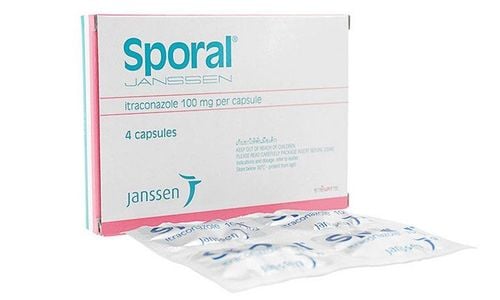This is an automatically translated article.
The article is expertly consulted by Master, Doctor Le Nhat Nguyen - Obstetrician-Gynecology Specialist - Vinmec Danang International General Hospital. Doctor has more than 20 years of experience in the field of Obstetrics and Gynecology.Gynecological diseases, especially vaginitis, are very common diseases in women, especially pregnant women. For pregnant women, gynecological infections in general are potentially harmful to both mother and baby.
1. Pregnant women are very susceptible to gynecological diseases
Pregnancy causes increased levels of progesterone and estrogen in a woman's body. Progesterone inhibits neutrophils against Candida. Estrogen disrupts the integrity of vaginal epithelial cells, reducing the immunoglobulins in vaginal secretions. These factors are maintained throughout pregnancy, so vaginal yeast infections or other gynecological diseases are easy to re-infect.Pregnant women have elevated hormones, leading to a lot of discharge, creating a favorable environment for bacteria and fungi to grow. In addition, the pH in the mother's vagina changes, kidney function declines, the amount of sugar in the urine increases... are factors that contribute to bacteria proliferation.
Gynecological inflammatory diseases , including candida vaginitis, also known as vaginal yeast infection. It is a relatively common disease during pregnancy with an estimated prevalence of 10-75%. Pregnant women often present with itching, burning, pain, vulvar irritation and sometimes difficulty urinating.

2. Should gynecological suppositories be used for pregnant women?
According to experts, most of the drugs used to treat gynecological diseases have local effects. That is, the drug only works in the vaginal area but has little or no effect on other areas. Therefore, the mother can use vaginal suppositories during pregnancy. If pregnant women delay early and definitive treatment, the disease will have more dangerous complications for the baby.When pregnant women take or order any medicine, it must be prescribed by a doctor. Each person will have different health conditions and conditions, and it is not possible to arbitrarily buy medicine to self-order at home or order medicine according to the prescription of another pregnant woman with similar symptoms. When having a gynecological infection, the mother should absolutely not use chemicals or douches deep in the private area, to avoid pushing bacteria deep inside the vagina.
Trắc nghiệm: Bạn có hiểu đúng về dấu hiệu mang thai sớm?
Các dấu hiệu mang thai sớm không phải chỉ mỗi trễ kinh mà còn có rất nhiều dấu hiệu khác như xuất huyết âm đạo, ngực căng tức,… Điểm xem bạn biết được bao nhiêu dấu hiệu mang thai sớm thông qua bài trắc nghiệm này nhé!
3. Recommended gynecological suppositories for pregnant women
The main aim in the treatment of gynecological diseases for pregnant women is to relieve the symptoms of the disease. Topical antifungal agents of the Imidazol group are recommended as the first choice for pregnant women. Although Miconazole and Clotrimazol are two active ingredients that are available in over-the-counter forms, pregnant women should not self-medicate without consulting a doctor.Miconazole: classified at level C according to the pregnancy risk rating of the US Food and Drug Administration (FDA). However, the vaginal form of this drug is poorly absorbed from the systemic route. Clinical trials in patients in the first trimester (first 3 months) did not show adverse effects of miconazole on the mother or the fetus.

Miconazole 100mg vaginal suppository or 2% vaginal cream is suitable for a 7-day course of treatment. Clotrimazol 2% vaginal cream should be used for 7 days. Recurrent infections should be treated for 14 days. In conclusion, the treatment of vaginal yeast infection during pregnancy requires the guidance of a doctor. The topical gynecological imidazole antifungal agents (Miconazole and Clotrimazol) have evidence of high safety for both the mother and the fetus during pregnancy. Physiological changes during pregnancy reduce the mother's immunity to Candida, so each course of treatment should last from 7-14 days.
There are limited safety data on other topical antifungal agents, so Miconazole and Clotrimazol are the preferred topical agents (mainly vaginal tablets) in pregnancy. . Although fluconazole (another active ingredient in the same imidazole antifungal class) was previously considered safe at doses for the treatment of vaginal yeast infections, recent data suggest a high rate of miscarriage in women taking oral fluconazole. significantly more than in patients who were not treated or treated with topically acting imidazoles. Based on these data, the use of fluconazole in pregnant women should be avoided if possible.
4. Note when using gynecological suppositories for pregnant women

Eating garlic also helps improve vaginal inflammation. Eat a lot of yogurt because in yogurt there are beneficial bacteria that support the treatment of vaginitis. Drink lots of water to get better quickly. Use betel leaves, add a little sea salt to wash the vagina every day. The mother can also use green tea as a cleaning solution to help improve the condition.
Please dial HOTLINE for more information or register for an appointment HERE. Download MyVinmec app to make appointments faster and to manage your bookings easily.














